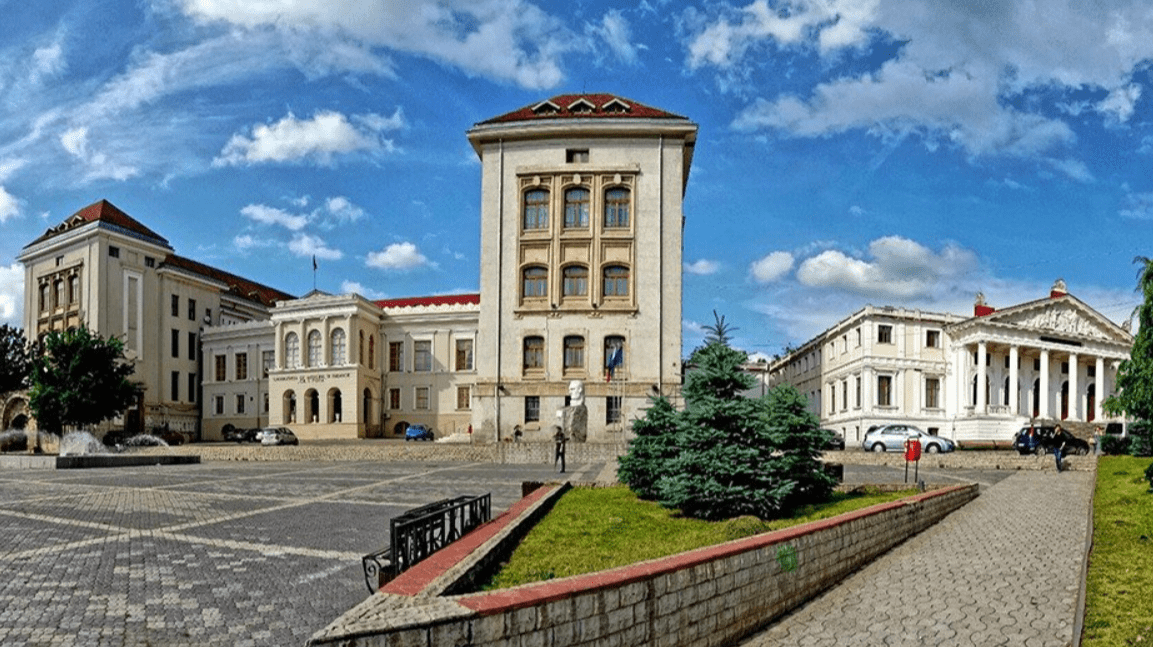Students worldwide interested in earning a medical degree are increasingly choosing to study in Romania. Studying MBBS in Romania is a compelling option for aspirant doctors due to the country’s multicultural environment, high educational standards, and affordable tuition fees. From the admissions process to career prospects, this guide will provide an overview of everything you need to know about pursuing an MBBS in Romania.
Why Choose Romania for MBBS?
High-Quality Education
Medical schools in Romania are well-known for their high academic standards, cutting-edge facilities, and knowledgeable faculty. To ensure that graduates are well-prepared to practice medicine worldwide, the curriculum was developed by international standards.
Affordable Tuition Fees
The affordability of MBBS programs in Romania is a significant draw. Compared to Western nations, its tuition costs are significantly lower, making it accessible to students from various financial backgrounds.
English-Medium Programs
Numerous Romanian clinical colleges offer MBBS programs in English, making it more straightforward for global understudies to study without language hindrances.
Multicultural Environment
Romania is a warm nation with a plethora of cultural traditions. Students from other countries can anticipate a diverse and welcoming environment that will enhance their educational experience.
Top Medical Universities in Romania
Carol Davila University of Medicine and Pharmacy
Carol Davila University of Medicine and Pharmacy, one of Romania’s oldest and most prestigious medical schools, offers a comprehensive MBBS program that strongly emphasizes research and clinical practice.
Cluj-Napoca University of Medicine and Pharmacy
Situated in the dynamic city of Cluj-Napoca, this college is known for its cutting-edge offices and high instructive norms. This school’s MBBS program aims to give students a solid grounding in medical science and practical skills.
Iuliu Hațieganu University of Medicine and Pharmacy
The MBBS program at Iuliu Hațieganu University is strong and combines classroom instruction with theoretical knowledge. The university is well-known for its international collaborations and research initiatives.
Admission Process
Eligibility Criteria
In Romania, students must have completed high school with a strong background in science, particularly biology, chemistry, and physics, to apply for the MBBS program. For English-medium programs, proficiency in English is also required.
Application Procedure
Most of the time, you must send in an online application form and the necessary documents. Typically, these documents include:
- High school transcripts
- Passport copy
- Passport-sized photographs
- Proof of English proficiency (if applicable)
- Application fee receipt
Entrance Exams
A few colleges expect understudies to breeze through a selection test as a component of the confirmation interaction. It’s critical to check the university’s specific requirements before applying.
Visa Process
You will need to apply for a student visa after you have been accepted into a medical program in Romania. This interaction typically includes presenting an application structure, the acknowledgement letter from the college, verification of monetary solidness, and other vital records.
Cost of Studying MBBS in Romania
Tuition Fees
The annual tuition for MBBS programs in Romania ranges from €4,000 to €7,000, depending on the university, and is relatively affordable.
Living Expenses
Romanian living costs are also relatively cheap. Students can anticipate spending between €300 and €600 per month on things like housing, food, transportation, and other necessities.
Scholarships
A few colleges and associations offer grants to global understudies. If you want to lower the price of your education by applying for these scholarships, it’s worth doing your homework.
Curriculum and Duration
Curriculum
In Romania, the MBBS curriculum aims to give students a thorough understanding of medical science. The program ordinarily remembers courses for life structures, physiology, organic chemistry, pathology, and pharmacology, and that’s only the tip of the iceberg. Additionally, students gain practical experience in various medical specialities by participating in clinical rotations.
Duration
The term of the MBBS in Abroad is, for the most part, six years. This consists of five years of college and one year spent doing an internship or practicing medicine.
Conclusion
There are numerous benefits to studying MBBS in Romania, including a multicultural environment, affordable tuition, and high-quality instruction. Students can be sure to receive a comprehensive education that prepares them for a successful career in medicine at top medical schools like Carol Davila University of Medicine and Pharmacy, Cluj-Napoca University of Medicine and Pharmacy, and Iuliu Hațieganu University of Medicine and Pharmacy.
Aiming medical students can make an informed decision about studying for their MBBS in Romania by comprehending the admissions process, costs, and career prospects. In this friendly and resourceful nation, you can realize your dream of becoming a doctor with the proper preparation and dedication.
